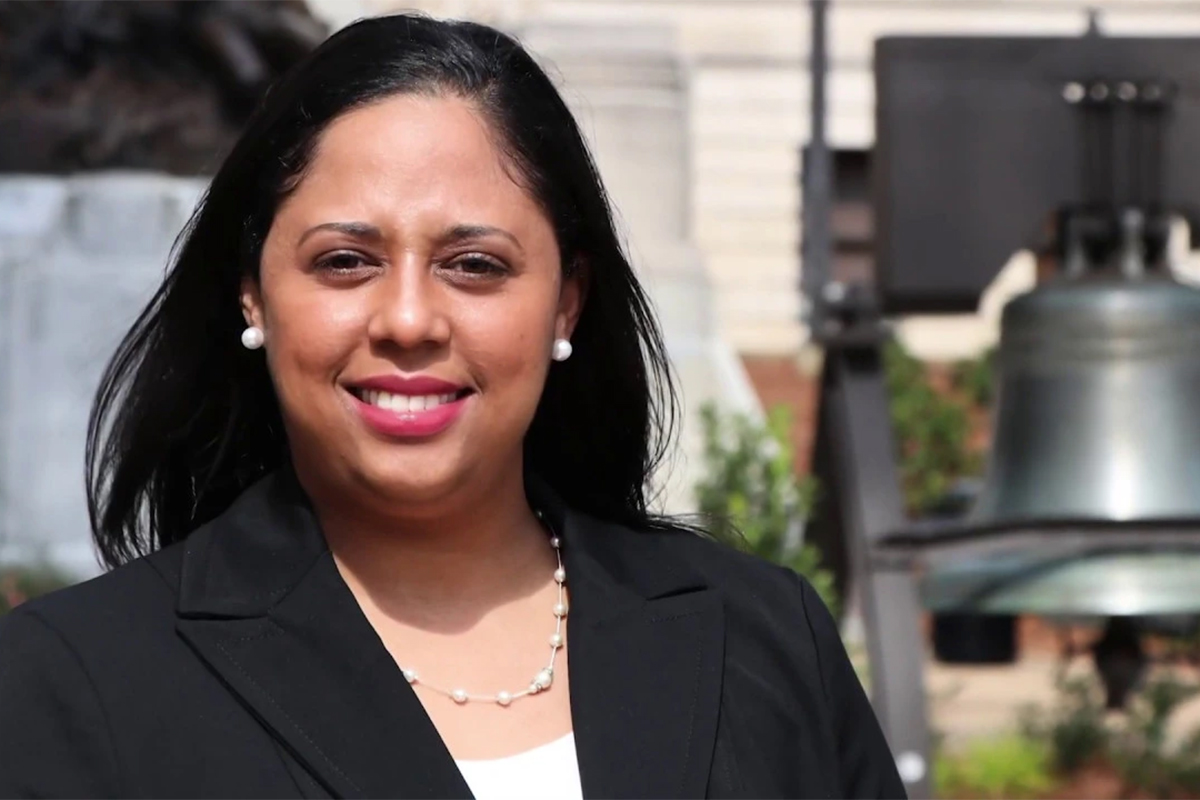Rep. Zakiya Summers, D-Jackson, wrote the following statement in response to the Mississippi State Auditor’s Office report entitled “Dads Matter: The Taxpayer Cost of Fatherlessness.“
We have seen a wave of efforts across many Republican states to address the so-called fatherlessness issue. These efforts put value on traditional roles, but not on individuals or lasting solutions.
The mission of State Auditor Shad White is to assess state and local government to ensure that public funds are legally spent, accounted for and reported. I’m not certain why the auditor took it upon himself with the use of taxpayer dollars to study this issue and not offer any real solutions. The JROTC program is a fantastic program, but the Auditor will have to do better than that. We need real solutions and support from leadership to move the needle forward.
Fathers, dads, stepdads absolutely matter. However, this report and rhetoric regarding absent fathers actually stigmatize working-class families and fathers in particular. We cannot blame fathers for all the problems that children face nor the costs associated with incarceration.

If Mississippi wants to address the absent fathers issue, then this report is addressing it from the wrong end. Instead of looking at it as the sole issue that contributes to increased incarceration, a negative economy, teen pregnancy and increased crime, as the report indicates, we should investigate the issues that lead to fatherlessness in the first place and then put policies backed by equitable funding in place.
This report also ignores the range of forces that contribute to inequities and stamp policies and structures that continue to widen the gap between the haves and the have nots. By focusing on so-called absent fathers, we ignore the persistent oppression and disparities faced by marginalized communities.
Disinvestment in quality-of-life needs like access to clean water, racist drug laws, police brutality, the intentional dismantling of public education, the inability for children and families to access early childhood programs, food, healthcare and other basic needs is crippling and devastating. In fact, Mississippi is ranked as the second worst state for childcare in the nation.
What would happen if children woke up in homes with sound utilities and food on the table, went to high-quality schools with teachers and counselors that have everything they need instead of police patrols meeting them at the door, lived in communities that have access to resources, good jobs, higher wages for working families, and in a state that refuses to put politics over people and perpetuate a biased narrative?
Would we be talking about the problems this report cites? Would Mississippi still be the worst state to raise a family? Now that women have no autonomy over their own reproductive health, will we see an increase in fatherless homes?
This report and this idea prevent us from reckoning with what’s real and what can be done about it.
I want to see the state auditor ensure that those who are taking money out of the mouths of our children are held accountable and that taxpayer dollars are not going to those who simply want to fatten their pockets or be utilized to paint a portrait that will not move Mississippi in the right direction.
This MFP Voices piece does not necessarily represent the views of the Mississippi Free Press, its staff or board members. To submit an essay for the MFP Voices section, send up to 1,200 words and sources fact-checking the included information to azia@mississippifreepress.org. We welcome a wide variety of viewpoints.






